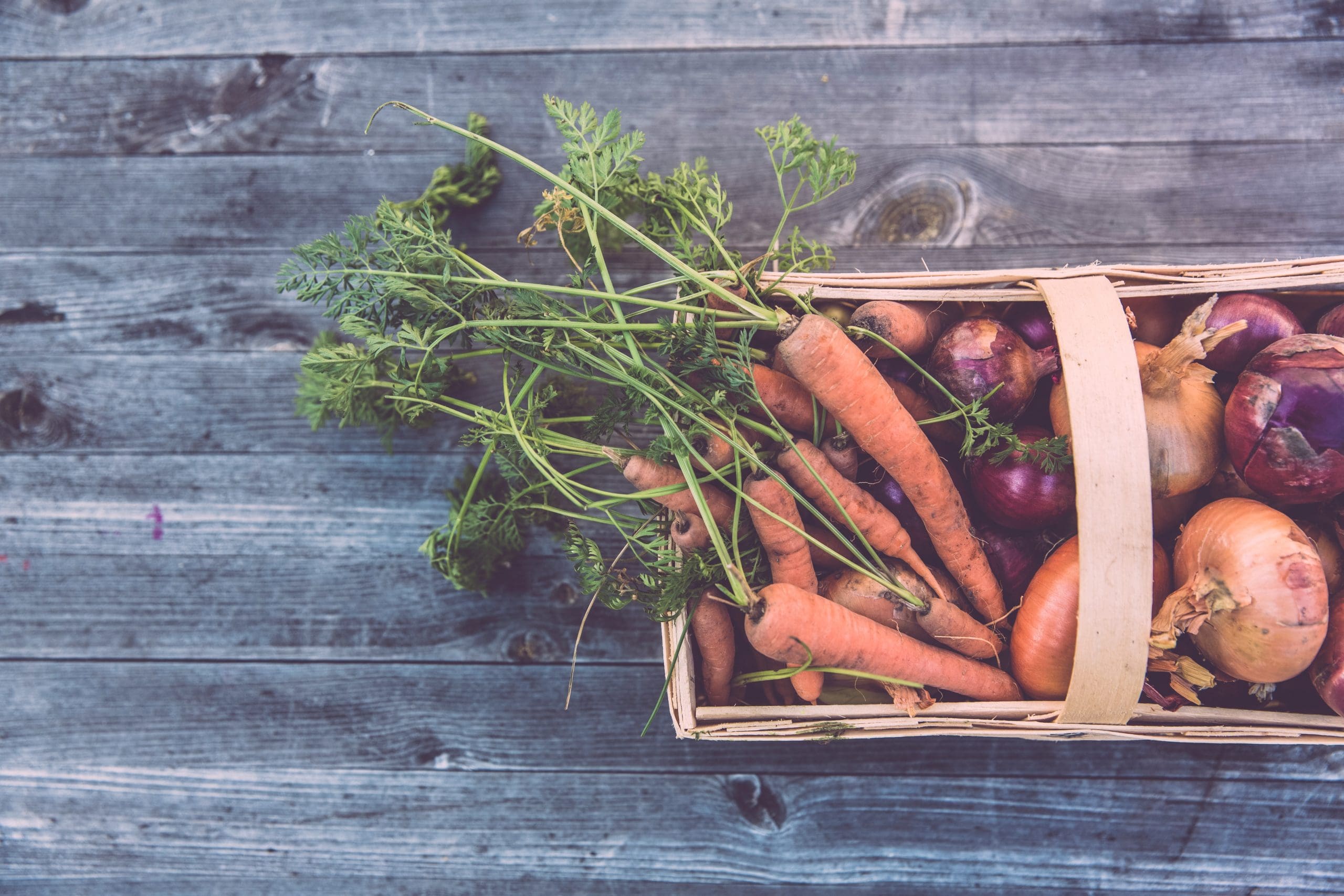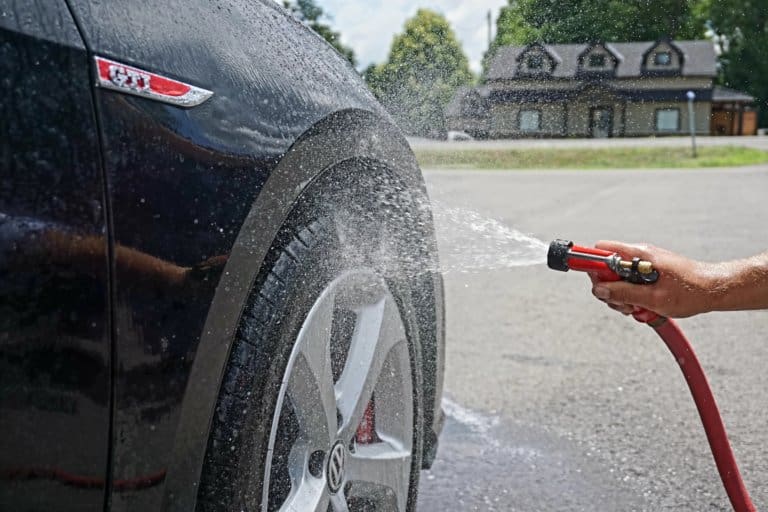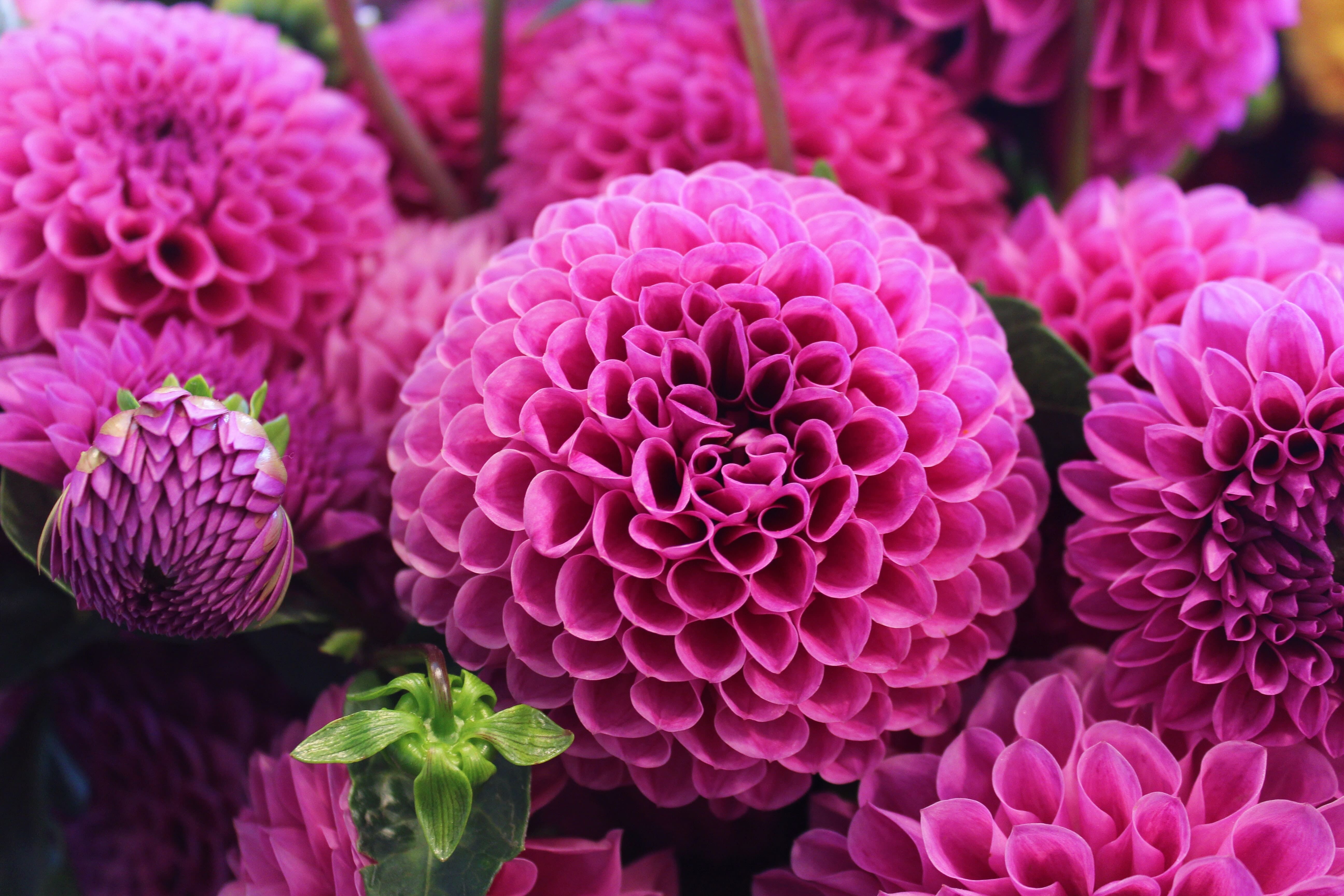Keeping your garden healthy is not just about water and sunlight.
Photo by Markus Spiske on Unsplash
So many factors come into play, and your due diligence is imperative to produce a quality harvest. Plus, you don’t want to dump a bunch of money on supplies just for your investment to flop.
Luckily, there are several simple ways to keep your garden health – and most of them are inexpensive. The key is staying alert and working in your garden daily. You cannot be lazy when gardening, or you are sure to invite pests, infections, and low-quality produce. Instill the following tips into your gardening routine to keep your plants happy and healthy.
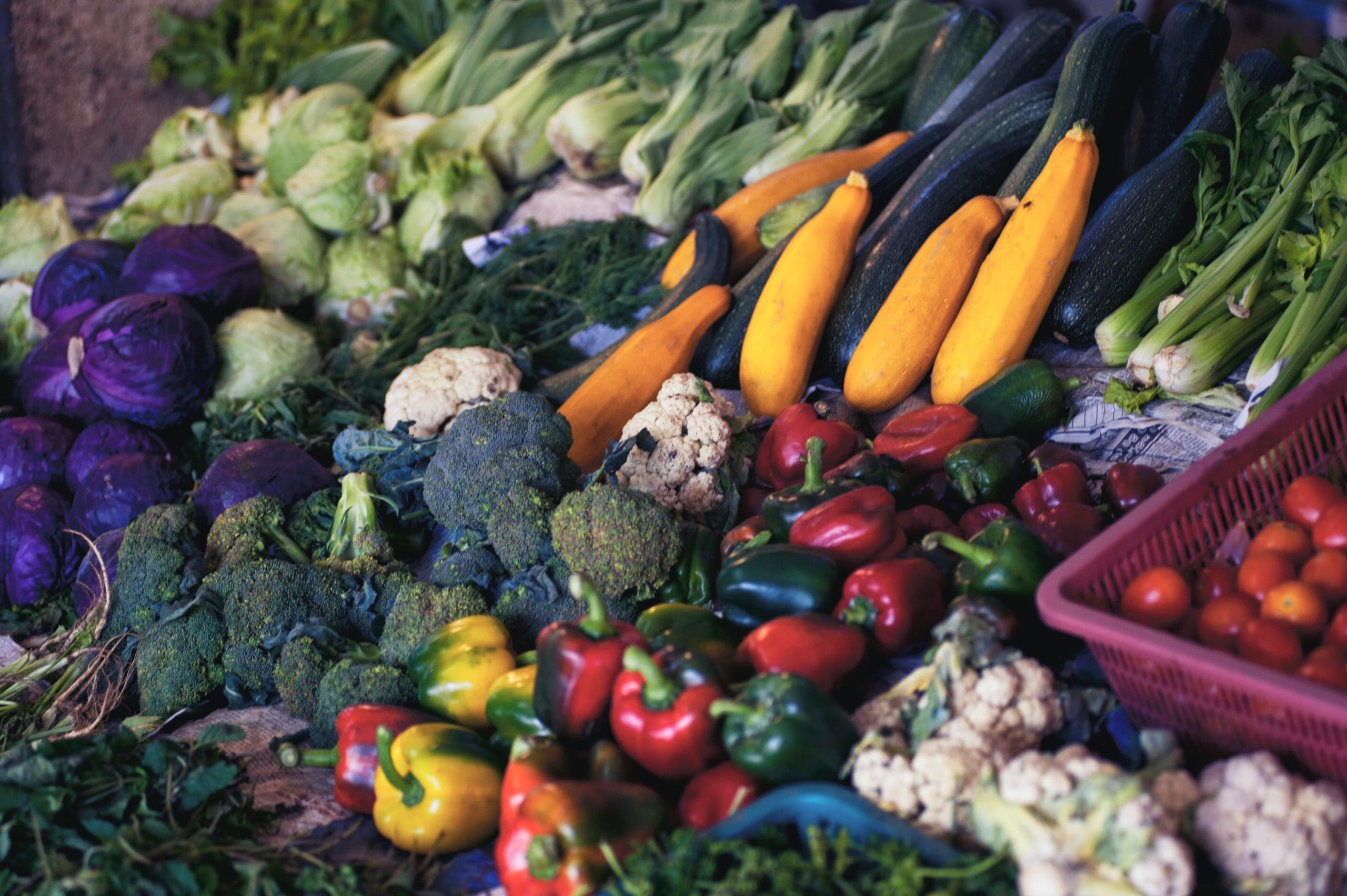
Water Properly
Water is necessary for plant growth, but excessive moisture is a breeding ground for fungi and disease growth. In addition, the roots can drown, suffocate, and rot when you overwater your plants. Conversely, they’ll become dehydrated and shrivel up if they’re not getting enough water. Nobody likes squishy, shriveled tomatoes.
Mix your water with plant food, and research the amount of water required for your plants to thrive. To prevent disease and infection further, you’ll want to water at the roots, avoiding the foliage. The most effective way is watering by hand or with an adjustable irrigation system.
Check Plants Before Buying
The best way to prevent disease is to avoid introducing it to your existing plants. Therefore, ensure you’re getting them from a reputable source when buying new saplings. Additionally, you’ll want to inspect each plant before purchasing to check for fungi, pests, infection, and disease – but especially prior to planting them in your garden.

Prevent and Destroy Weeds
Weeds are greedy garden killers. They steal your plant’s nutrients and leave them to die. So you’ll want to do everything to prevent them from growing in the first place. One effective way to do this is by adding mulch to your garden. It will block the sunlight from reaching uninhabited soil areas, preventing the weeds from growing. Of course, you should always have some on hand as mulch can also protect plants from freezing during a frost. Mulch supply and delivery in Oakland, MD, will bring the mulch to your door and keep you stocked throughout the growing season.
To destroy weeds, you’ll want to swiftly and carefully pull them from the ground, ensuring you get the roots to avoid further growth. Then, every day when tending to your garden, make sure you check for more and remove them immediately.
Many individuals also choose to spray their gardens with weed killers. You should always check to see whether or not a weed killer dispatches more than just weeds so that you don’t accidentally kill what you are gardening in the process.
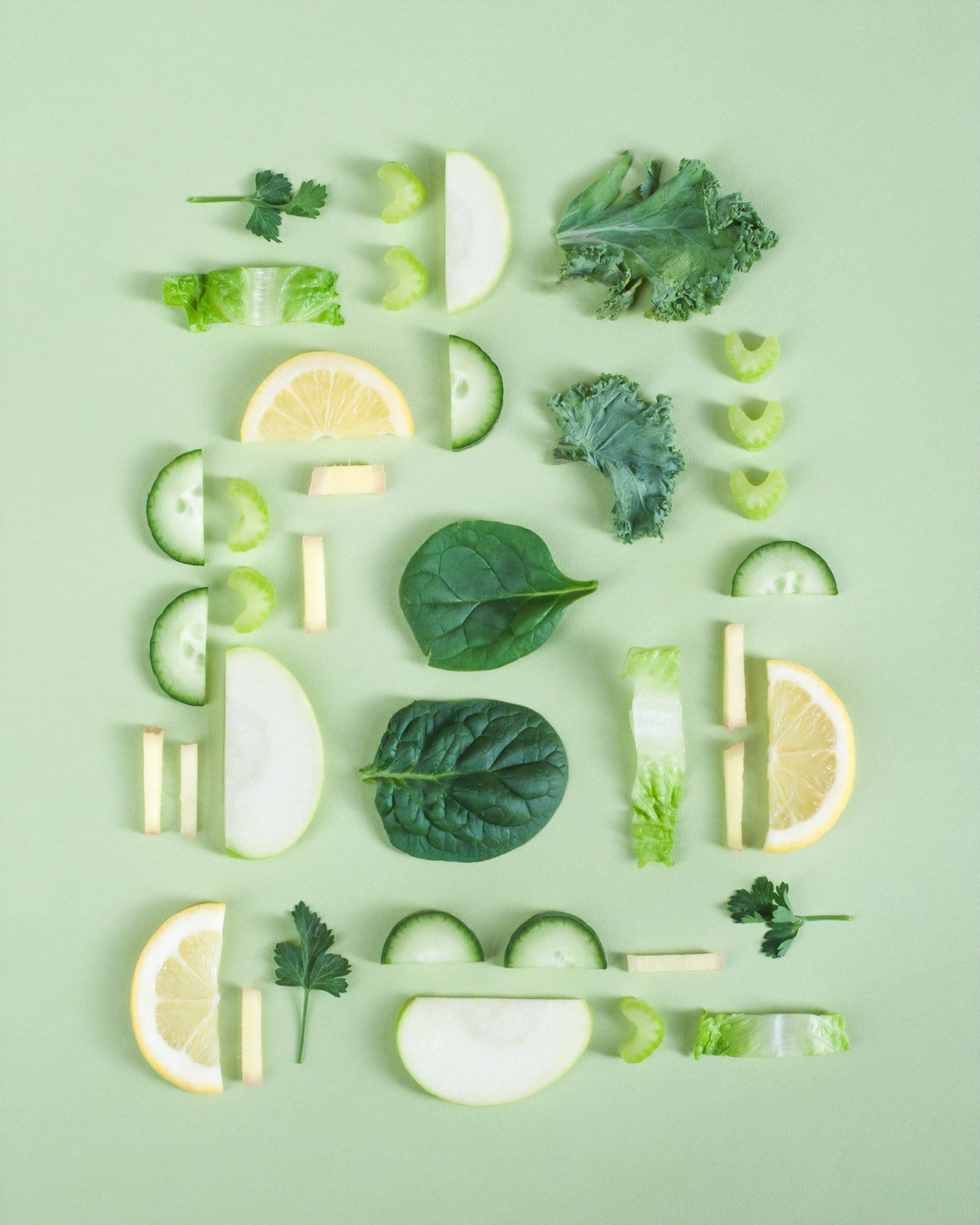
Keep the Soil Healthy
Healthy soil makes healthy plants. However, soil can quickly decline, so you’ll want to ensure that you’re performing the proper upkeep. Fertilizer is one way to maintain the integrity of your soil. But if you’re looking to reduce your carbon footprint, you should consider composting as a natural method.
Furthermore, replacing your soil is often necessary, especially at the start of the new growing season. Just try your best not to damage the roots if you’re replacing soil when plants are in their prime.
Consider Container Gardening
While some people may find planting directly into the ground preferable, containers and raised beds effectively prevent infection and pest damage from the start. Plus, if you’re a beginner, container gardening is a great place to begin since it’ll be easier to maintain.
Intercrop Without Overcrowding
Intercropping is an effective way to promote a healthy garden and prevent pests. First, however, you must do your research to determine which plants go well together. Then, you need to avoid overcrowding, as this can cause overly humid climates as well as mold, disease, and mildew growth. Additionally, roots can become tangled and cut off circulation within the plants.
You can cover the soil to protect it from exposure, be it a lawn cover or blanketing mulch. Mulch is finely powdered wood that retains moisture to keep the soil from evaporating water molecules. There are mulch delivery services to make using mulch much easier.
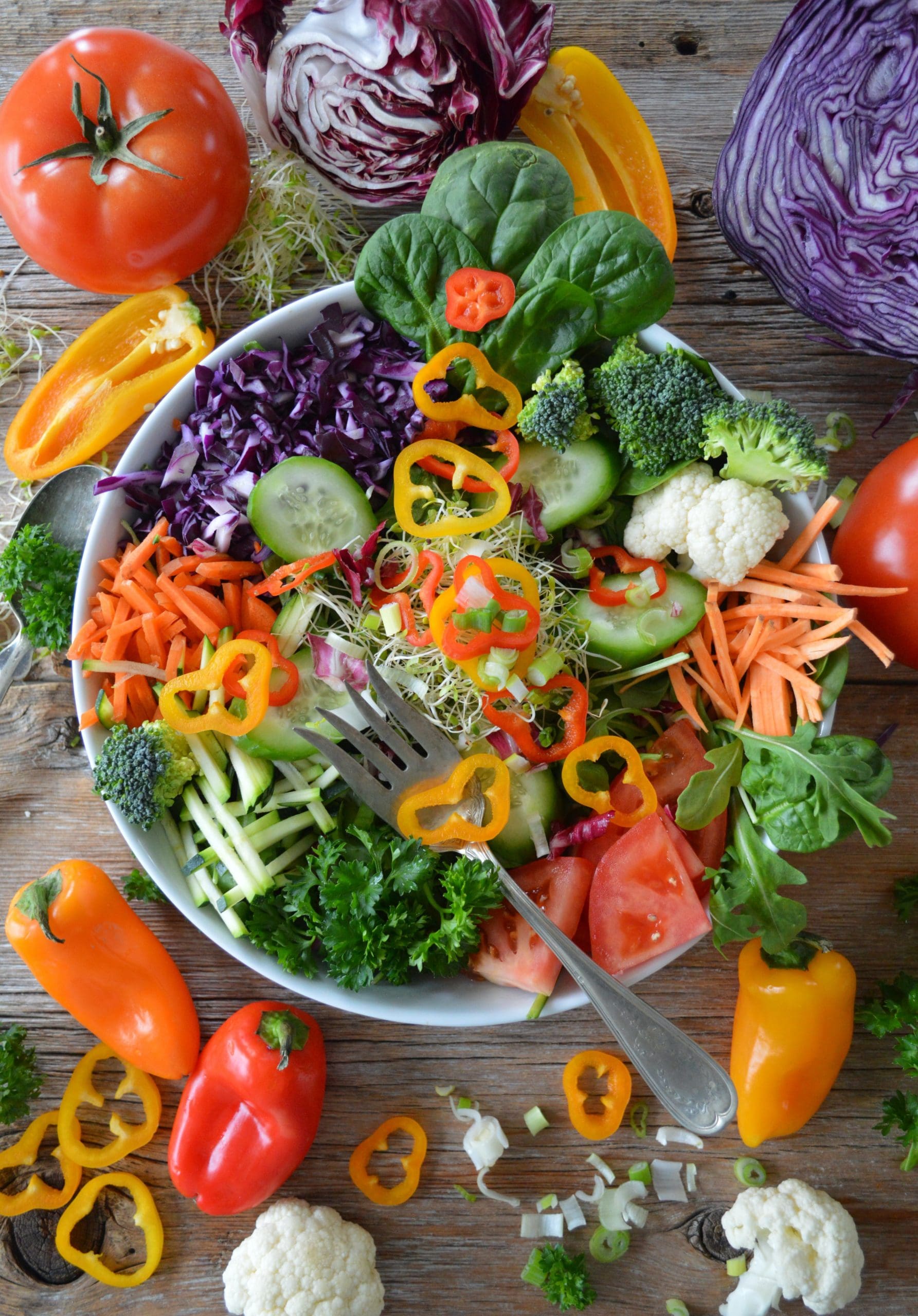
Protect and Maintain the Plants
Aside from pest prevention, you’ll need to protect your garden from the elements and animals. For example, you may want to put a fence around your garden to keep pesky intruders from stealing your vegetation. There are inexpensive ways of doing this, but you’ll need to ensure the barrier is sturdy.
Another tactic for keeping your plants healthy is to maintain them. When you visit your garden, you’ll need to check for dead leaves and stems, as these can cause infection. But don’t start pruning as soon as you see a dead leaf. There are reasonable times for pruning each plant, and you’ll want to do so when they’re actively growing and producing so they’ll quickly replace the dead weight.
Gardening is not an easy hobby, but it is rewarding and therapeutic if you put your heart into it. So many people think you just need to water your plants and keep them in the sunlight, however, there is much more to plant care if you want to avoid infection and produce hearty, plump vegetables to share with your family and friends. By following the simple steps listed in this article, you’ll be on your way to a successful harvest.

